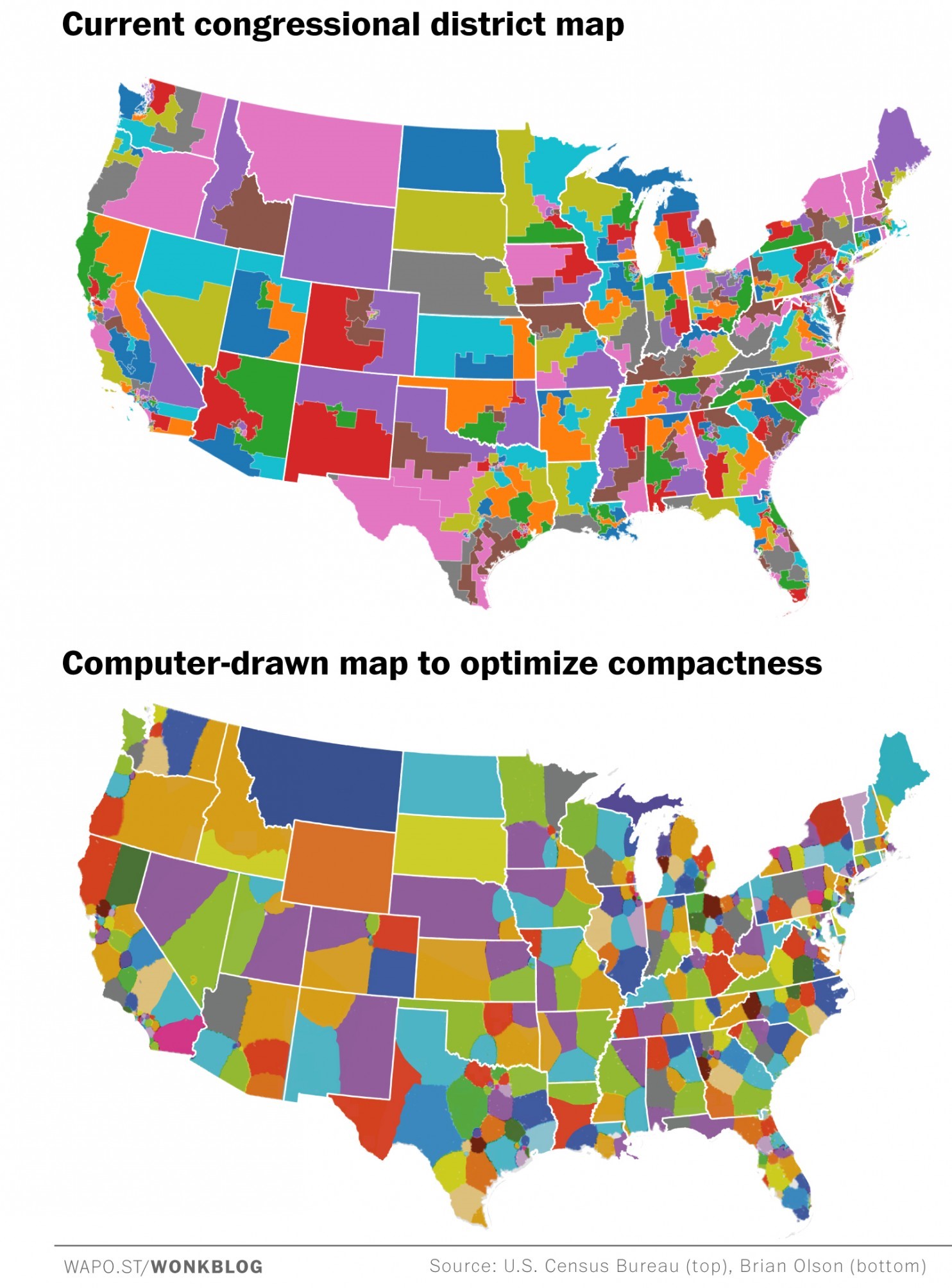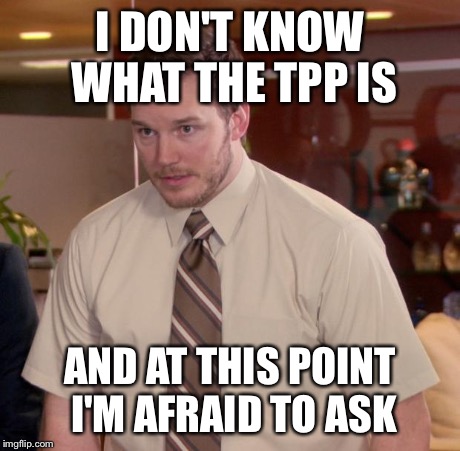DYS-TO-PIA
A dystopia is a community or society that is undesirable or frightening.
An imagined state or society in which there is great suffering or injustice, typically one that is totalitarian or post-apocalyptic.
Go outside right now. You will not see scores of zombies congregating in the streets getting ready to eat your brains. There is no Zombie Apocalypse here. You will not see alien pods waiting to snatch your body or anyone wearing a hockey mask and holding a bloody butcher knife.
Neither will you see the Covid-19 novel coronavirus, ready to enter your body, ready to cause a cytokine storm, ready to infect your lungs and starve your blood of oxygen. Yet this is more frightening, because it is real. It has already caused great suffering and death, and it is not going away.
People love fictional Dystopian settings. Think classic books like Brave New World, 1984 and Farenheit 451. More recent titles include The Handmaid’s Tale, Hunger Games and The Road. There are also books like The Stand and The Andromeda Strain which deal with deadly microorganisms.
Hollywood entertained us with such disparate futures as in Blade Runner, Minority Report, Divergent, Rollerball, Escape From New York, and Soylent Green, to name a few.
It can be gratifying to sit back in the comfort of a recliner to watch or read about the challenges humans face and their struggles to overcome and survive under dire conditions. Many of these dystopias mirror real possible futures for society and stimulate serious thought about important issues. Some like Brave New World and 1984 have become veritable clichés for extreme government control. Others are just pure excitement like the Mad Max series.
In reality, there is often little awareness that a dystopia is evolving. Take for example 1920s to 1930s Germany. The evolution of the Third Reich and Nazi power is horrifying; a political dystopia unfolding like a slow motion car crash. Many people were sucked in and could not see where it was going until it was too late.
Today the world is faced with multiple Dystopias, real and possible. Climate Change is the obvious example. Many people see Environmental Destruction happening but ruling powers are not willing to make the sacrifices today to save the world of tomorrow. The consequences will be enormous.
Dystopias of Government Control and Religious Control are prevalent in many countries around the world. Think the Middle East to find a few. North Korea, China, Russia and other autocracies also fit this category.
Dystopian Technological Control is becoming more and more widespread; reliance on social media, facial recognition software, AI, drones, robots, and more. Widespread cloning and bioengineering are practically around the corner as governments and Mega-corporations keep track of the populations with giant data farms.
In 2020 a dangerous New Dystopia has arrived; one that can affect the comfort of the comfortable and exacerbate the pain of the most vulnerable. The New Dystopia is a deadly virus on the loose; a pandemic that wreaks havoc in population pockets around the globe.
Many countries have used science and discipline to control the virus’ spread and minimize the case and death counts. But in the United States partisan politics and chaotic leadership have taken an enormous toll.
“Wear a mask. Social Distance. Wash your hands.”
This mantra of healthcare professionals is recited every day, and is ignored by millions. Some view it politically. Some view it as impinging on their Freedom. Some think it just inconvenient or uncomfortable. Some feel immune or invulnerable because of their age or fitness.
The virus doesn’t care. It is out there ready to find new hosts.
Here’s what scientists do know: Covid-19 in the United States is more likely to be worse for people over the age of 60 (45 million). It’s worse for people with chronicled health conditions, including diabetes (34 million), obesity (70 million) and heart disease (100 million).
There is comfort that a certain level of income sustains. Indoor entertainment and food; hobbies and other solitary or family activities. A suburban family can go out in their yard or drive to a park. They can shop in a large supermarket. An urban family, especially one in a high rise apartment, has to be conscious of who is in the elevator with them and if the buttons are disinfected. Are parks and mass transit facilities dangerously crowded? Closed or limited are theaters and sporting events; bars and clubs. Dating, birthday parties, weddings, funerals; Things of the past? Holographic hugs may be the Future. Skype and Zoom are the Present.
The danger from the novel corona virus Covid-19 is real. It has infected millions of people and killed hundreds of thousands. Six months into the pandemic, experts say a vaccine could still be six to twelve months away. But it could really be much longer. There is still no vaccine for HIV or AIDS more than 30 years after these diseases were discovered. And a therapeutic or cure? It’s being worked on but is not a certainty.
We are still in the first phase of the pandemic; less than six months since it began. And many people behave like it is over, which just makes the spread worse. It’s like the horror movie where the killer’s phone call is coming from inside the house.
For many people the possibility is frightening and for those infected and their families there is great suffering. When Economies are curtailed or shut down, there is even more pain and suffering, particularly for those at the bottom. This fits the definition of Dystopia.
No fictional zombie apocalypse. No pods of body snatchers. Just the actual daily news of case counts, hospitalizations and death; with full color charts and graphs, sanitized for your viewing pleasure. Dystopia.


